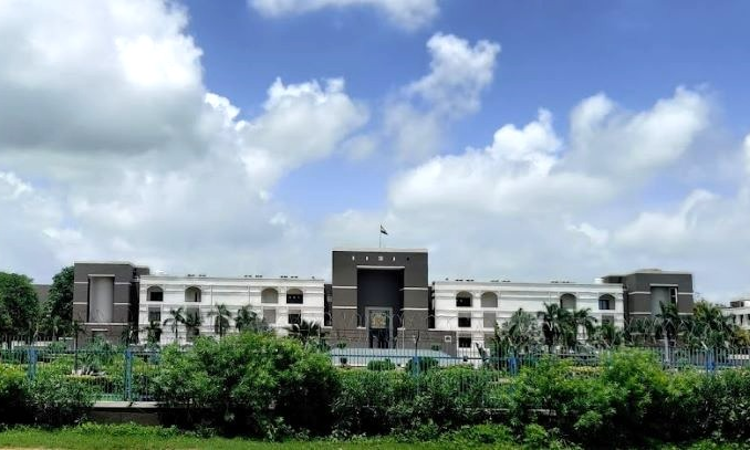Distinction Between "Attachment Of Property" And "Charge Over Property": Gujarat High Court Explains
PRIYANKA PREET
2 April 2022 5:24 PM IST

Next Story
2 April 2022 5:24 PM IST
"Attachment creates no charge or lien upon the attached property. It merely prevents and avoids private alienations; it does not confer any title on the attaching creditors", the Gujarat High Court affirmed in a judgment. Justice JB Pardiwala was hearing a writ application under Art 226 wherein the Applicant had prayed for the issuance of a writ of mandamus for the quashment of the order...
